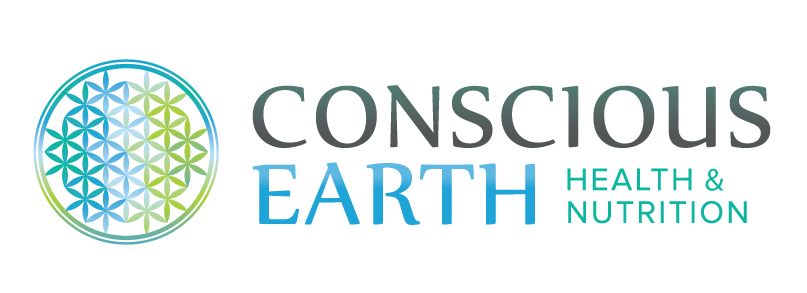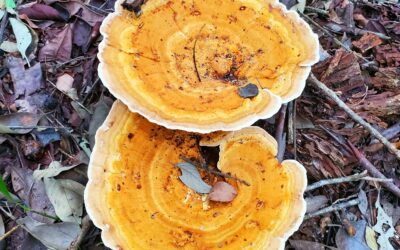Our not-so-great eating habits
Let us be honest, very few of us eat to satisfy our sense of hunger, instead, we often eat for pleasure! Most of the time we eat food it is not for nutrients but rather for taste and satiety.
Food provides three functions1:
- To provide the chemical constituents of the body
- To provide the energy for life
- To be pleasurable, including satisfying hunger; being appealing in its smell, taste, sight, and texture; and associated with enjoyable social activities
The quality of our food is a critical component of living a healthy life that provides us with daily energy and essential nutrients, as well as aids in reducing the risks of developing deficiencies, a disorder, or disease. Consuming high-quality nutrient-rich organically grown foods have powerful anti-cancer, anti-heart disease, and anti-aging properties.
Research has shown that the Mediterranean diet can prevent type 2 diabetes, decrease cancer incidence and mortality, prevent age-related cognitive decline, prevent cardiovascular disease (CVD) incidence and mortality, decrease overall mortality, and treat obesity.2,3,4 The Mediterranean diet is based on components of the traditional dietary patterns of Euro-Mediterranean countries which is a plant-based, high-fat, and high-unsaturated fat dietary pattern. It has also been found that a healthful plant-based diet that emphasizes on whole grains, fruits, vegetables, nuts and legumes, tea and coffee, and non-hydrogenated vegetable oils, can also benefit cardiovascular health.5 Evidence has shown that many chronic diseases are preventable through life-long practices of eating healthy foods with healthy dietary/lifestyle choices, along with engaging in physical activity and maintaining an acceptable weight.6
Research has shown that the Mediterranean diet can prevent type 2 diabetes, decrease cancer incidence and mortality, prevent age-related cognitive decline, prevent cardiovascular disease (CVD) incidence and mortality, decrease overall mortality, and treat obesity.2,3,4
I believe a diet should not mean restricting calories or eating unusual foods to lose weight, but instead should mean what an individual usually eats and drinks. Unbeknown to most, semistarvation actually turns on biological mechanisms designed to conserve both fat and energy expenditure, resulting in a rebound weight gain.7,8 I encourage a diet centered around organic whole plant foods consisting predominantly of fresh fruits and vegetables, whole grains, legumes, seeds, and nuts; as well as little to no saturated fat, trans fat, sodium, added sugars, processed foods, or dairy products. I believe to live longer and healthier lives we must eat a variety of colorful ingredients and nutrient-rich foods that are loaded with beneficial substances essential for maintaining optimal health and avoiding any nutrient deficiencies or related diseases.







0 Comments